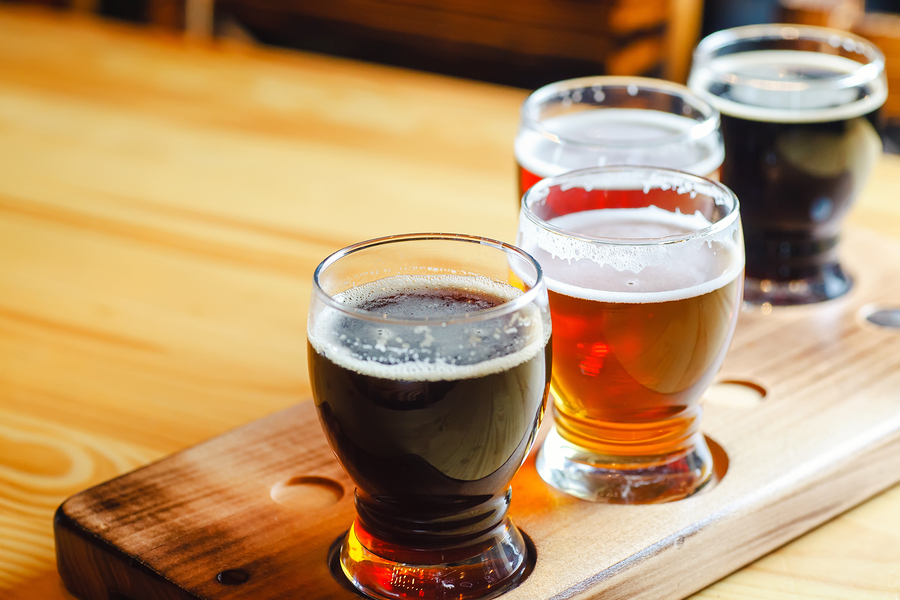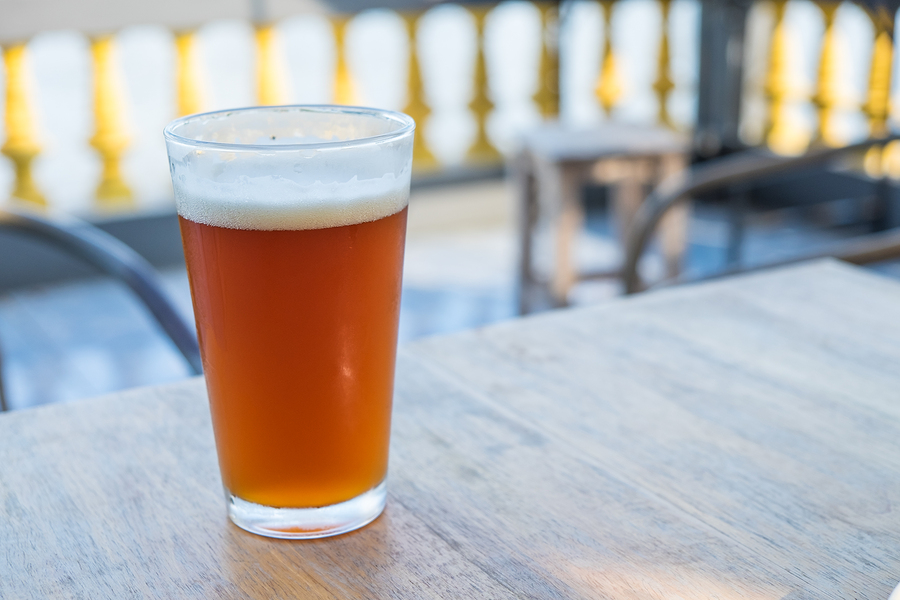The bars and pubs where we drink beer are usually not within sight of the breweries where it is made, especially in the case of the big-brand lagers produced en masse at out-of-town locations.
Large-scale breweries are industrial operations on a massive extent, with machinery impressive enough to be used for the engineering decks in a Star Trek movie, and it has become a running joke among some Trekkers that the Starship Enterprise has its own brewery on board.
But the environmental impact of any heavy industry is no joke, and sustainable beer is one of the latest manufacturing sectors to come under scrutiny as those involved in the business, from suppliers, to bars and pubs, to individual drinkers, look to improve the eco-profile of alcoholic beverages.
Water Security
It’s easy to forget that one of the main ingredients in the beer-making process is plain water, but some of the great breweries of the world – including, famously, the St James’s Gate Guinness brewery in Dublin – were founded in locations with a good supply of pure water.
Guinness get theirs from the Wicklow Mountains, which supply around eight million litres per day to the brewery, and in the modern era water is more than just a raw ingredient.
At some breweries, the local flowing water supply is also used to generate electricity to run the machinery in the brewery, helping to make the energy used on-site more sustainable and renewable too.

Sustainable Farming
Cereal crops have huge significance for future food security, not only in areas where food is scarce, but in developed countries with growing populations too.
Sustainable farming is helping to make sure that crops like barley are grown closer to where they will be used in brewing, and provide the best possible yield in each harvest.
This is good news for the brewing industry – better yields keep costs down, allowing beer to be produced more economically – but also for broader food security, as it means the business is not using ingredients that are needed as food elsewhere.
It’s even creating new employment opportunities for farmers in developing countries, whose growing domestic brewing industries are raising the levels of custom for locally grown barley.
Carbon Miles
It’s not just about producing beer – it’s also about shipping it – and again, transporting beer from the brewery to the bar requires large heavy tankers, with all of the carbon footprint that they represent.
Beer brewed on-site in micro-breweries has become much more fashionable in recent years, and as well as offering a unique taste, it also has environmental benefits.
Micro-breweries don’t have the industrial-scale impact that the big brand breweries do, but crucially by producing beer on-site, they also don’t clock up the same carbon miles.
Yes there may be transportation needed to get the raw ingredients there in the first place, but once the beer is brewed, it can be poured directly into a pint glass – cutting out the middle man in getting it to the customer.

